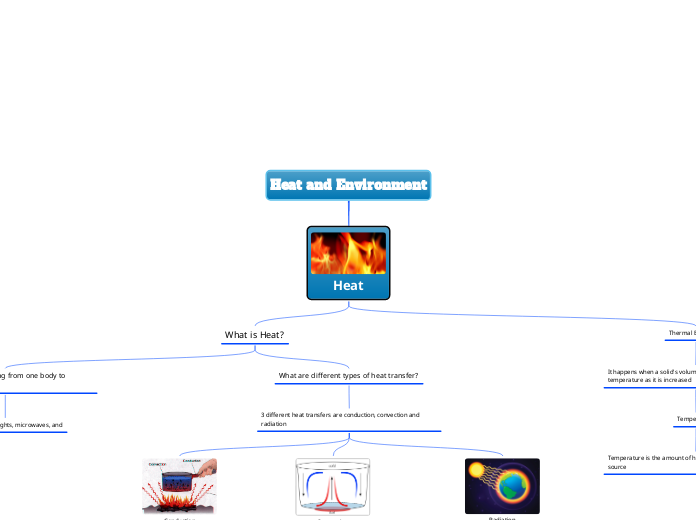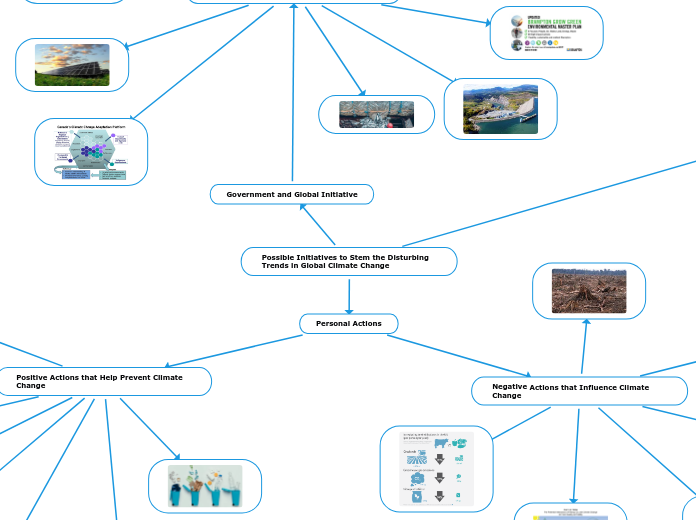by Madelyn Ham 6 years ago
215
Space Systems
Kepler's 2nd law explains that the speed of a planet increases as it approaches its star, due to the elliptical nature of its orbit. This law states that a line between the star and the planet sweeps equal areas in equal times, resulting in faster travel closer to the star.









